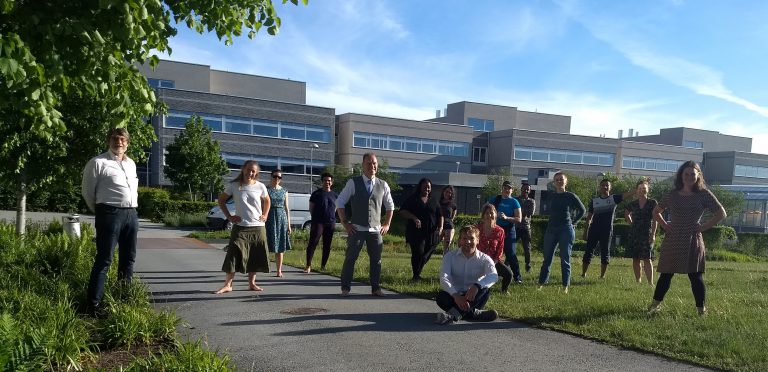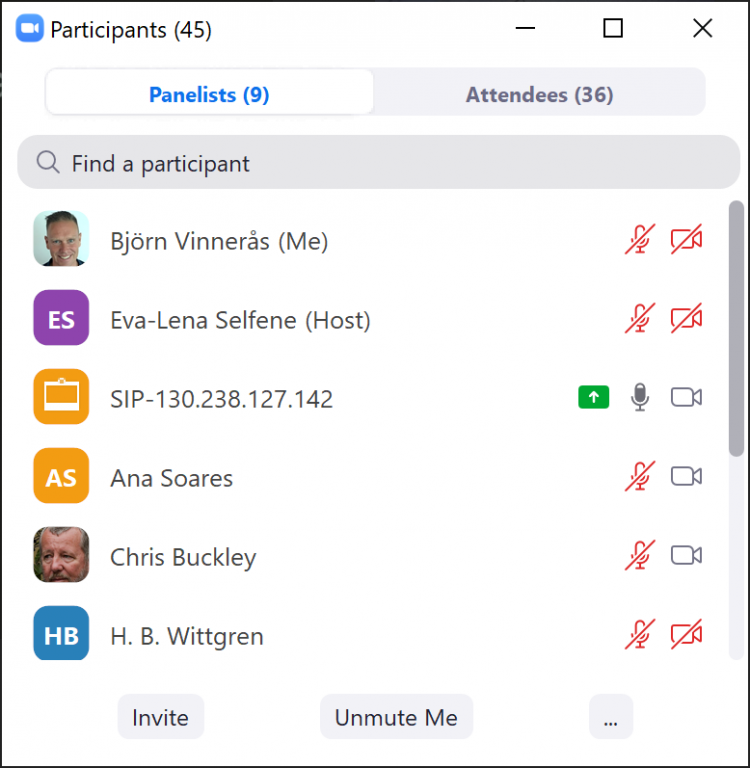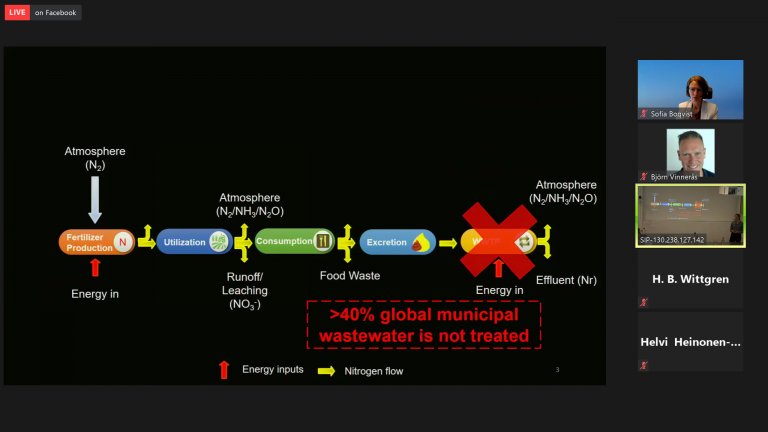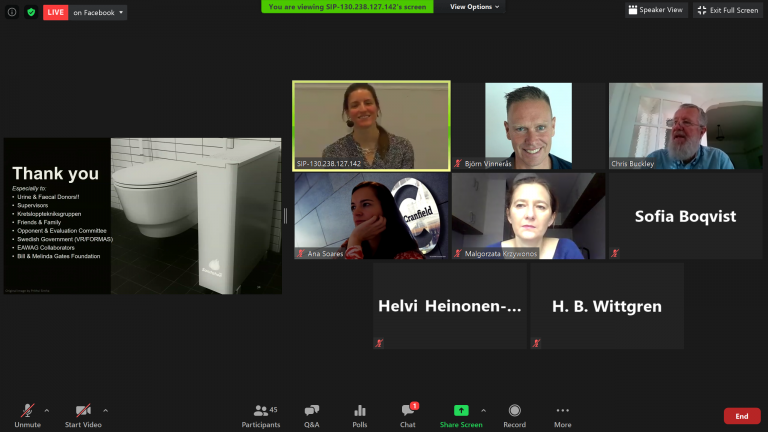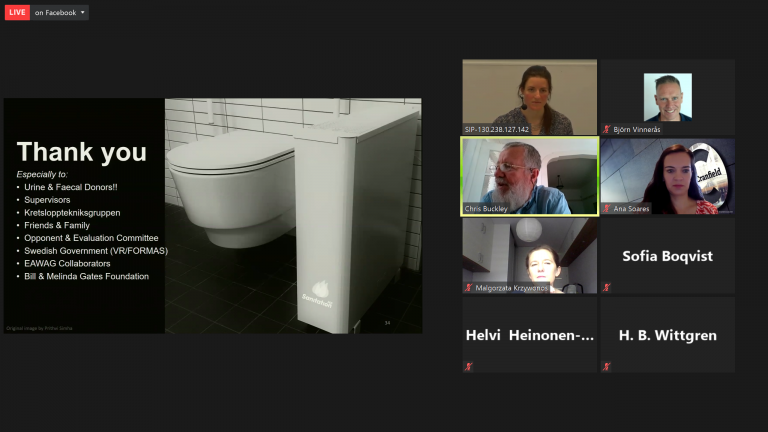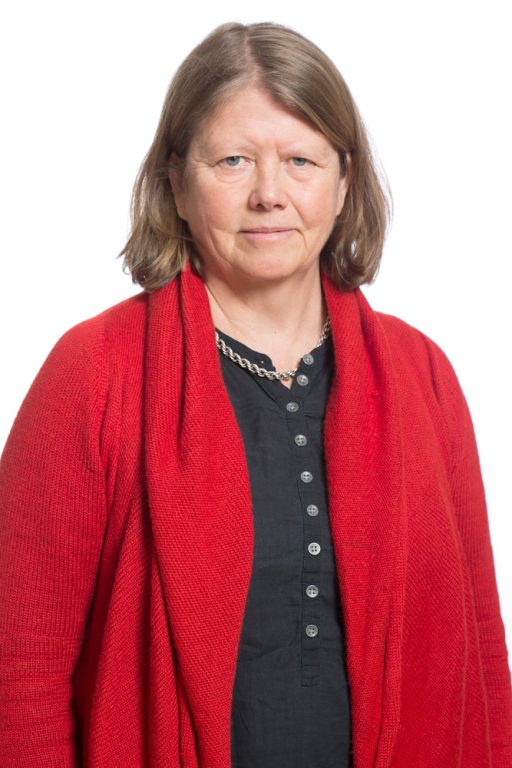The group’s startup company, Sanitation360 AB, is taking part in the Create the Future Design Contest, which was first launched in 2002 by the publishers of Tech Briefs magazine to help stimulate and reward engineering innovation. Our entry which is called “Save the world by going to the bathroom!” puts forward our research and development of the urine drying concept, where the idea is to convert human urine into a dry, safe, nutrient-rich solid. The most popular entries will be decided by the voting of registered users of the contest web site. So help us by going to this website, where you can register as a user and vote for Sanitation360!
Click here to Vote for Sanitation360



